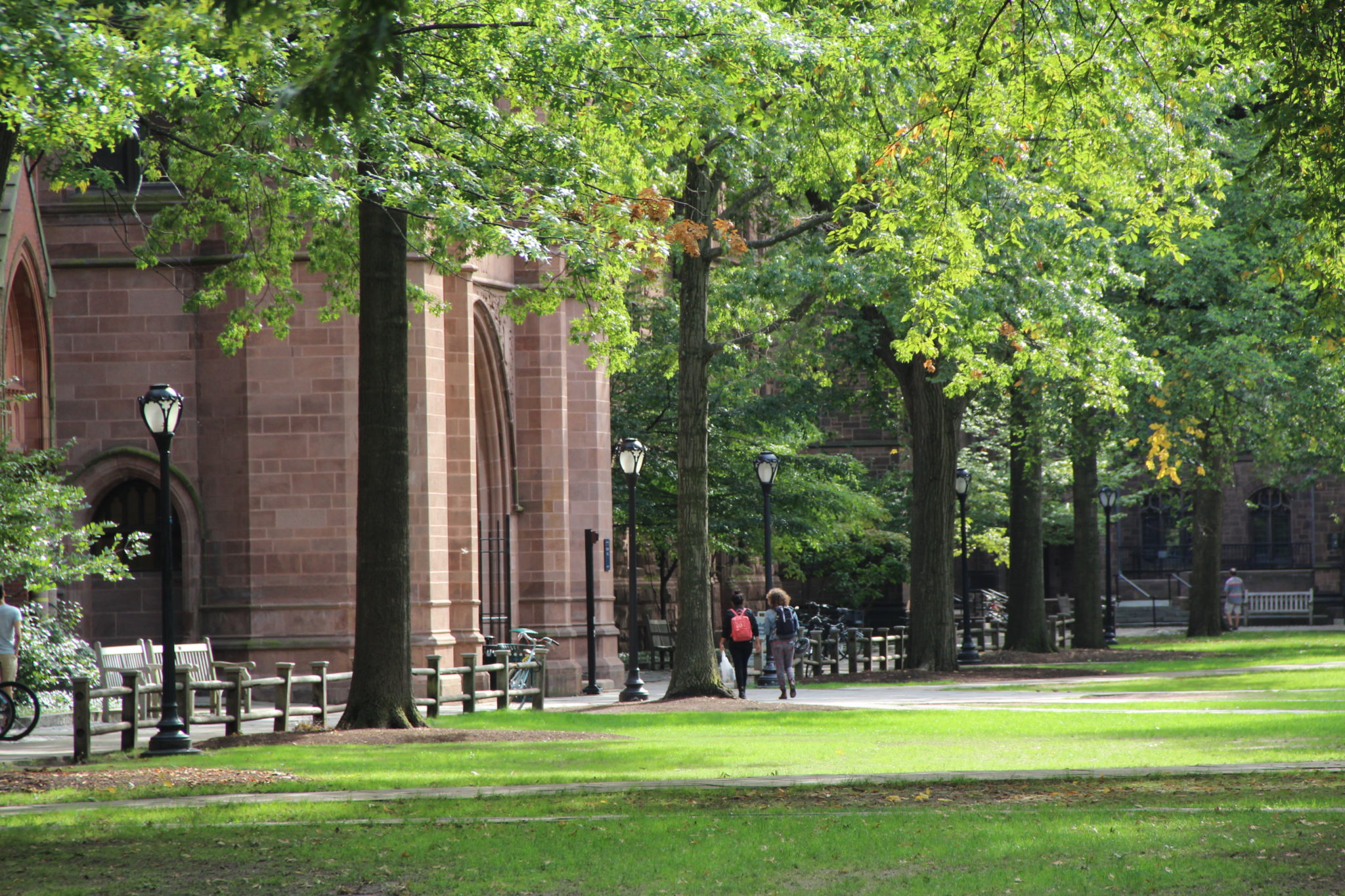
Yale Daily News
Ask any Yale student to define Old Campus, and they will tell you that it houses most first-year students. But, as with the class of 2024, that long-standing residential tradition is set to change for the class of 2025.
Due to the limited capacity of Old Campus and the increased size of the class of 2025 because of students who deferred their acceptances to Yale in light of the pandemic, first-year students next year will live in their residential colleges rather than in the famous quad that has historically housed the newest class of Yalies, according to a Yale College webpage. This change of housing for the class of 2025 will continue the first-year housing arrangement from the fall 2020 semester, in which all first-year students in the class of 2024 lived in their residential colleges instead of on Old Campus. According to Assistant Dean of Student Affairs Hannah Peck, it is not yet finalized who will live on Old Campus next year instead.
“Old Campus does not have the capacity to accommodate first-year students returning from their gap years, and we want to keep first-year students together and help them connect with the Yale community,” Peck wrote in an email to the News.
While the decision for the first years in the class of 2025 to live in their residential colleges instead of Old Campus is certainly noteworthy, changes to student housing arrangements for the 2020-21 academic year — made in an effort to de-densify campus in response to the pandemic — similarly broke long-standing tradition. For the first time in recent history, rather than playing host to first years, Old Campus currently houses juniors, individuals who were granted special permission to live on campus and those needing to quarantine, while first-year students resided in their residential colleges.
Peck explained that, as of now, Yale College has only made plans to change who lives on Old Campus for the 2021-22 academic year. She also emphasized that the college hopes to make an announcement about housing for all classes for the 2021-22 academic year as soon as possible so that “everyone can make informed decisions about their housing for the year.”
The shift in the Old Campus housing protocol was first made public on the First-Year Counselor Program FAQ page, as the Yale College Dean’s Office begins its process of selecting the FroCos for the 2021-22 academic year.
According to the Yale College FroCo page, the FroCo Program “selects exceptional seniors to live among first-year students on Old Campus or in residential colleges and offer oversight, advice, and guidance.” One of the primary expectations of FroCos is that they will live in close proximity to first-year students. Next year, according to the FroCo FAQ page, that means that FroCos will live in residential colleges.
While juniors who attended the virtual FroCo information sessions on Jan. 5 and Jan. 6 were informed of this break in housing tradition, it has not yet been formally communicated to the wider campus community as housing arrangements for the 2021-22 academic year are not yet final.
Zach Miller ’21, a current FroCo in Morse College, explained that he believed that living in their residential college and quarantining together for two weeks brought the first-year class together and “made all of the first years in Morse feel like a close-knit group.”
Miller explained that because they never had the experience of living on Old Campus with other first-year students, it was hard for them to weigh whether living in their colleges “was better or worse than what could have been.”
“A lot of [the first years] also felt bad that they couldn’t get to know many other first years in other colleges, which is something that Old Campus tends to do naturally,” Miller said.
However, Peck pointed out that even before COVID-19 hit, not all first-year students lived on Old Campus. First years in Timothy Dwight, Silliman, Pauli Murray and Benjamin Franklin colleges — nearly one third of the students in a given class — have long lived in their colleges instead of on Old Campus.
Peck also acknowledged that while this past year has contained “an incredible amount of change and uncertainty,” the break in housing tradition does have some positive aspects.
“While having upper-level students live on Old Campus is a significant change, it also provides those students with the opportunity to live closer to friends in other colleges and downtown New Haven,” Peck wrote.
As the name suggests, Old Campus is the oldest part of Yale’s campus.
Julia Bialek | julia.bialek@yale.edu







